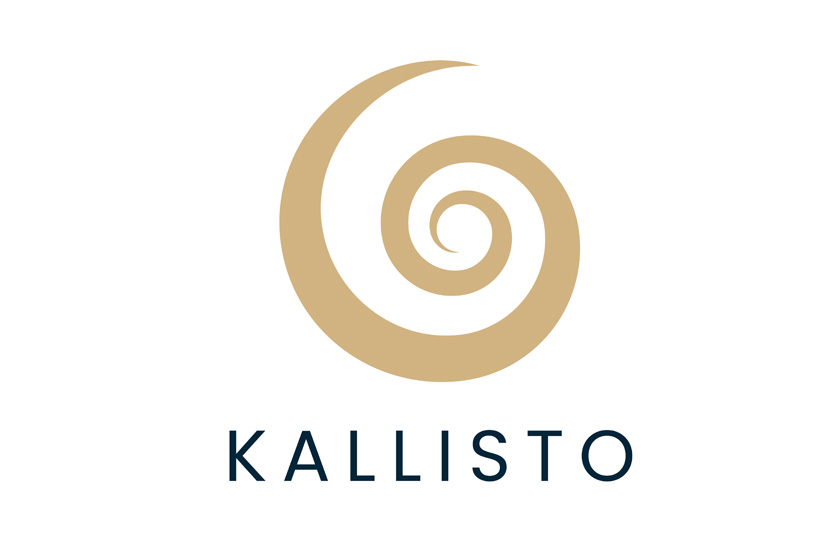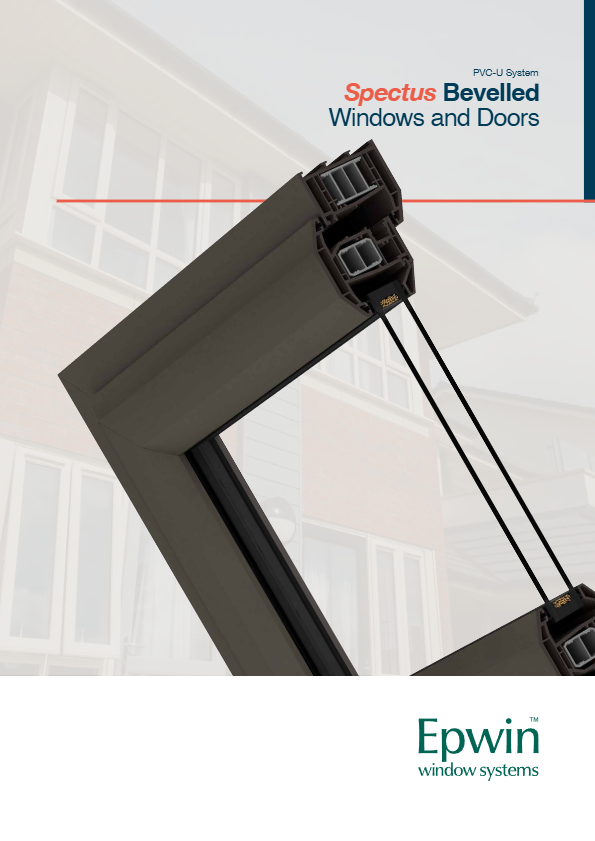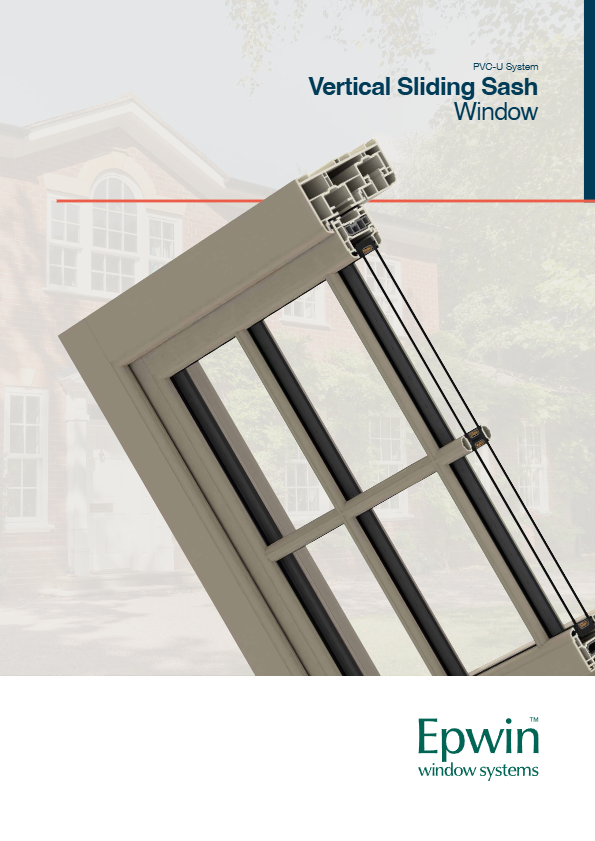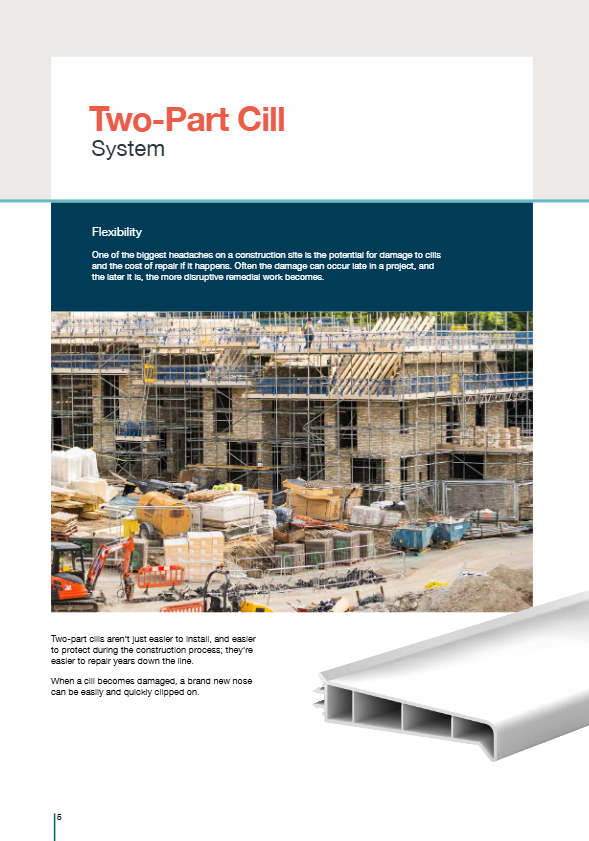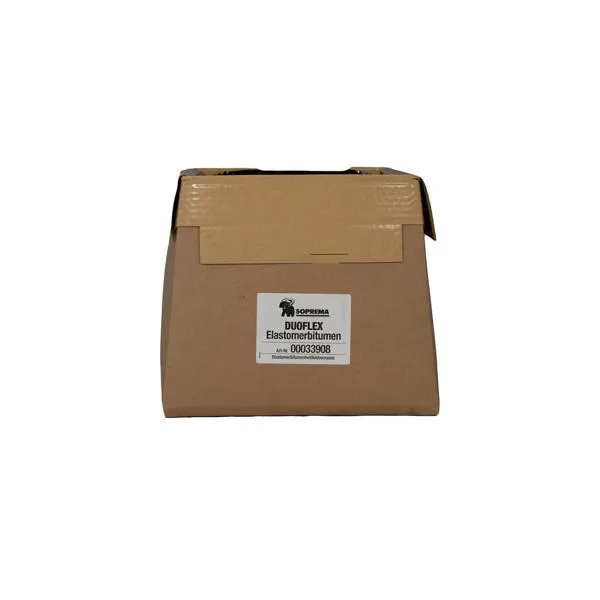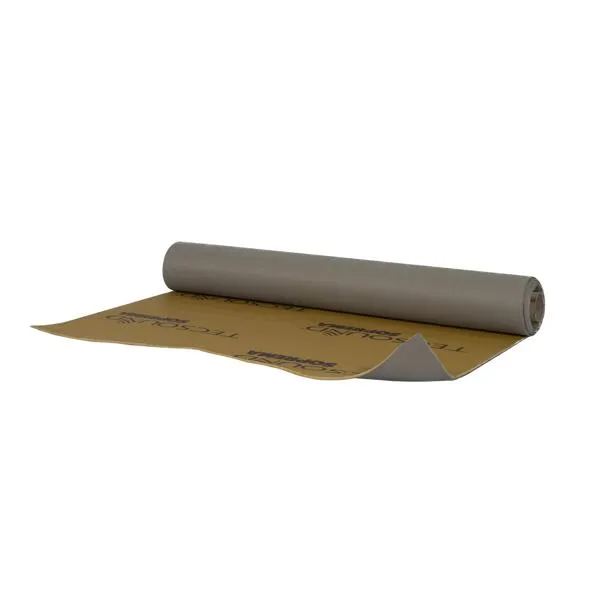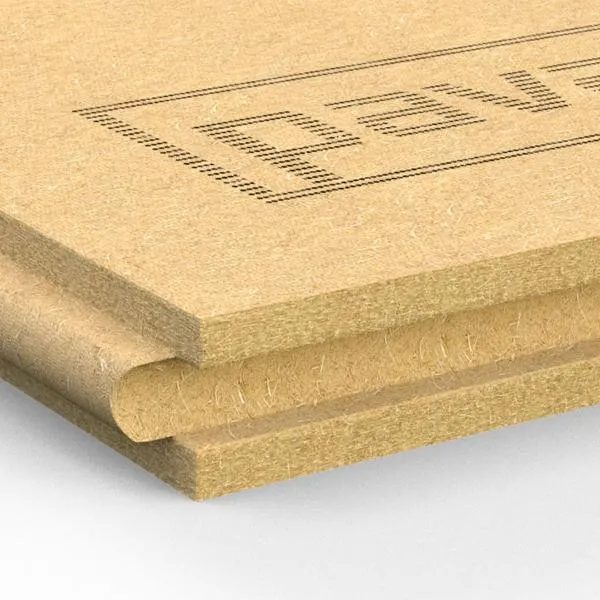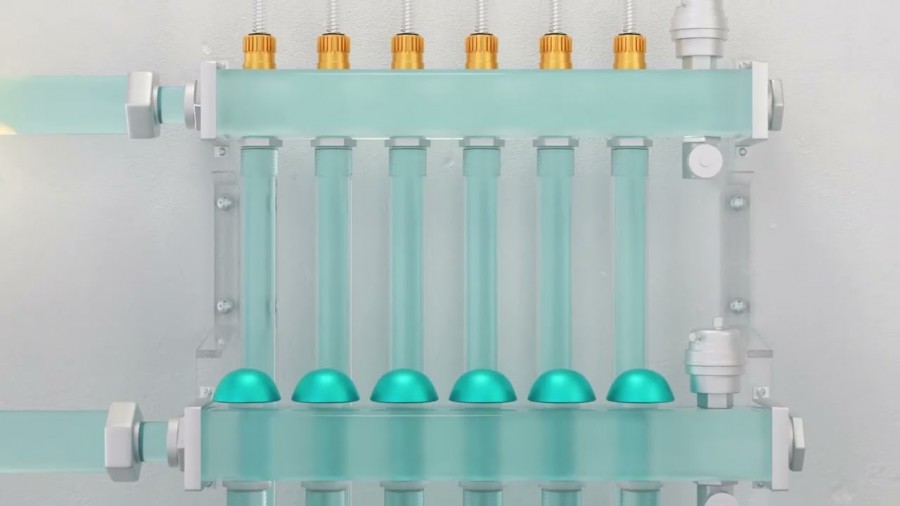UK manufacturers faced a tough operating environment at the start of 2023. Output and new orders fell further, leading to job losses for the fourth successive month.
Weak demand, elevated price inflation, plus raw material and staff shortages all impacted production.
There was some better news, however, as the downturn showed further signs of easing, cost increases slowed and pressure on supply chains lessened. The seasonally adjusted S&P Global / CIPS UK Manufacturing Purchasing Managers’ Index (PMI) posted 47.0 in January, up from December's 31-month low of 45.3 and above the flash estimate of 46.7.
The headline PMI remained at a sub-50.0 level, signalling deterioration, for the sixth successive month. Manufacturing output and new orders fell across the consumer, intermediate and investment goods industries in January.
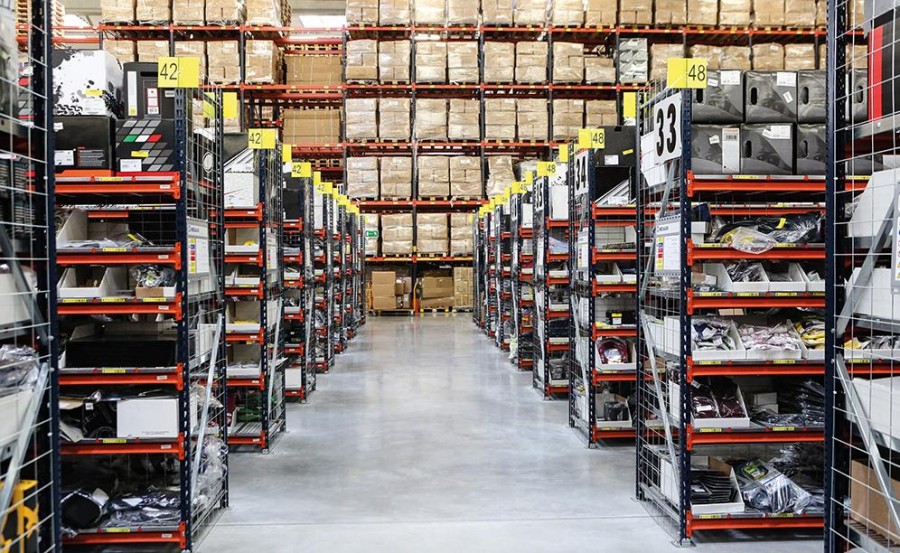
The steepest rates of decline in both variables were registered in the intermediate goods category, whereas the contractions seen at investment goods producers were only mild in both relative and absolute terms. Companies reported that production had been stymied by lower intakes of new work and disruptions caused by raw material and staff shortages.
The total volume of new business received fell for the eighth month running, reflecting weaker demand from both domestic and overseas clients, the latter affected by lower intakes of new work from the US, EMEA and Asia (especially China).
Ongoing port and Brexit issues also had an impact. Manufacturers maintained a positive outlook for the sector despite the ongoing downturn, fears about sustained price inflation and the possibility of a UK economic recession. Optimism rose to its highest level since April 2022, reflecting new projects and products, investment opportunities, proactive sales and marketing initiatives and hoped for revivals of domestic and overseas market conditions. Almost 57% of manufacturers reported that output would be higher one-year from now.
The ongoing manufacturing downturn affected decisions relating to hirings, purchasing and stock holdings in January. Employment fell for the fourth successive month. Some firms cut jobs in response to lower production and weaker market demand, whereas others experienced difficulties in replacing leavers due to shortages of labour and required skill sets.
Capacity (on average) remained sufficient to cope with the demands of both new and existing contracts. This was highlighted by a further substantial decrease in work-in[1]hand (but not yet completed) at UK factories.
Purchasing activity was reduced for the seventh successive month, with the rate of decline equalling November's two-and-a-half year record. Inventories of inputs subsequently fell for the fourth month running. Stocks of finished products were also depleted for the first time since April 2022, linked to contract completions and the despatch of delayed orders.
Although global supply chains remained stretched at the start of 2023, UK manufacturers again indicated signs of these constraints lessening. Average vendor delivery times lengthened only mildly and to the least marked degree in three years. Manufacturers still face difficulties relating to supplier capacity, port delays, Brexit, the war in Ukraine and input shortages, however. Average input costs rose at the least marked rate for 27 months in January. However, there was a slight uptick in selling price inflation, mainly reflecting a marked acceleration at consumer goods producers.
Rob Dobson, Director at S&P Global Market Intelligence, said: “UK manufacturers faced a tough operating environment at the start of 2023, leading to reducing intakes of new business, declining production volumes and lower staffing levels. Weak demand at home and overseas, supply chain constraints, strikes and the continuing impact of high inflation all stymied the performance of manufacturers. Weak economic growth in the US, EMEA and across Asia is also dragging down new export wins, exacerbating the strain already caused by port delays and lingering Brexit complications.
“There were some shoots of positivity developing, however. Rates of contraction are generally lower than before the turn of the year, a possible sign that we may be past the worst of the downturn in industry. Cost inflation also eased further, while supply chain delays were the least pronounced for three years. Manufacturers' confidence is also reviving from recent lows, hitting a nine-month high, though the mood continued to be darkened by concerns about inflation and the possibility of recession.”
Dr John Glen, Chief Economist at the Chartered Institute of Procurement & Supply, said: “Though January’s results were an improvement compared to the end of 2022, a spate of weak results in employment, output and new orders kept the sector in contraction for the seventh month in a row.
"Buyers cut back purchasing to the joint-greatest extent since May 2020 and there were positive and negative reasons. Declining inflows of new business showed that both domestic and overseas customers either cancelled orders, delayed the decision, or chose to forgo the work altogether. Concerns around a global and a deeper UK recession were cited and manufacturers reined back on job creation, reduced their staff numbers to protect profit margins or were unable to find the right skills.
"The good reason came in the form of improved supply lines that had been struggling since the pandemic but also since Brexit. January saw the least marked lengthening of supplier lead times since January 2020 which may have impacted optimism amongst the makers rising to April 2022 levels.”









